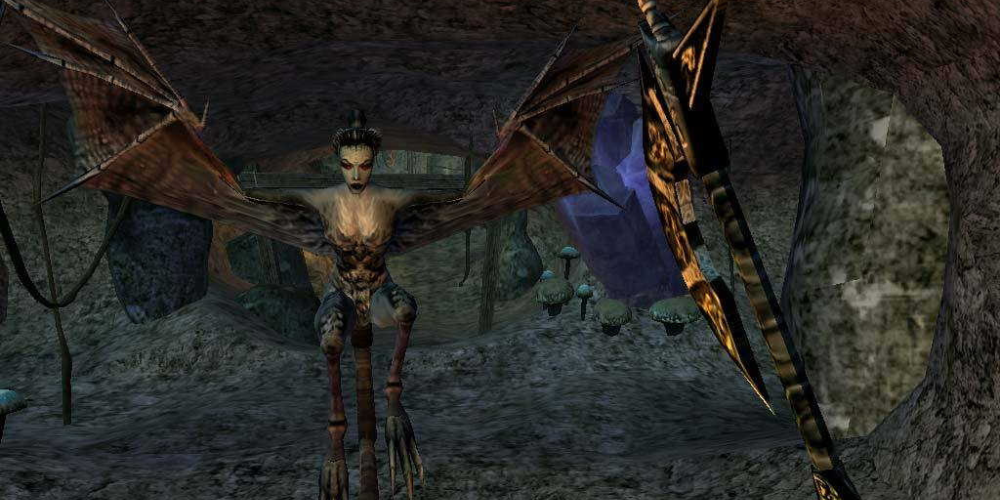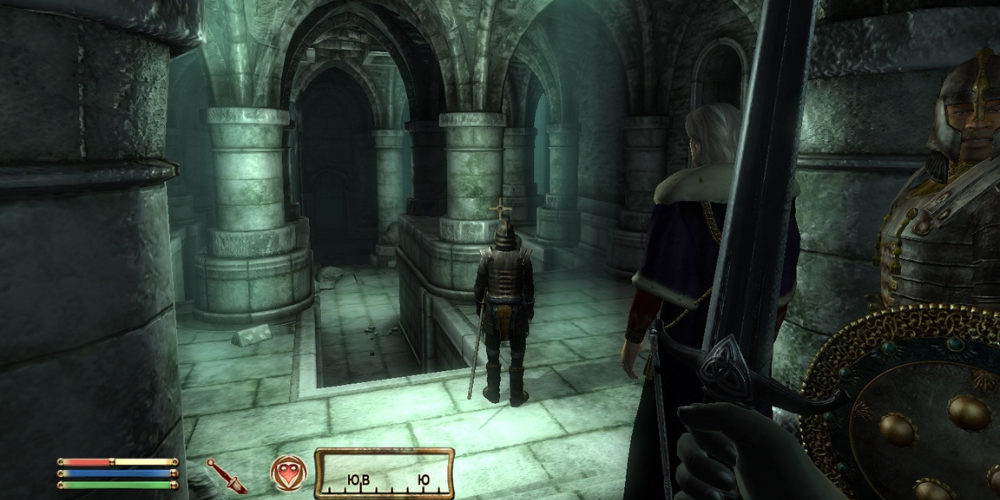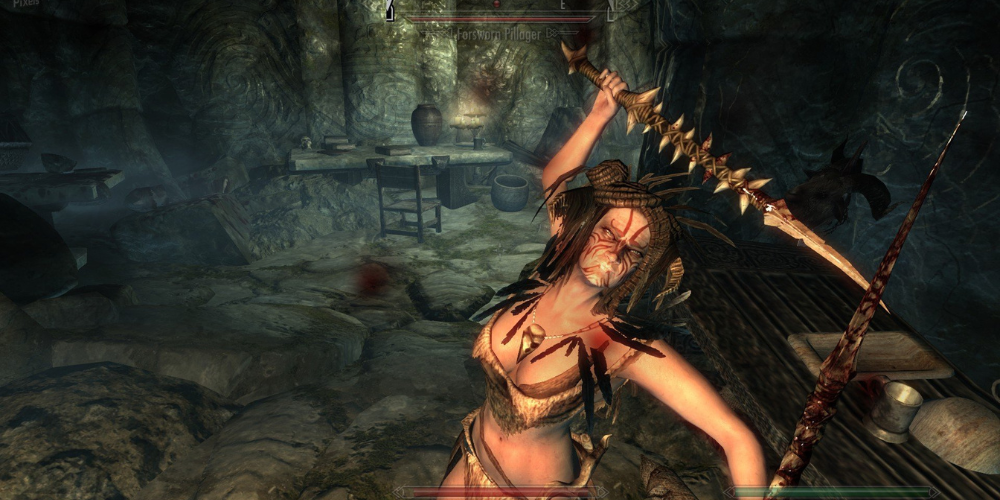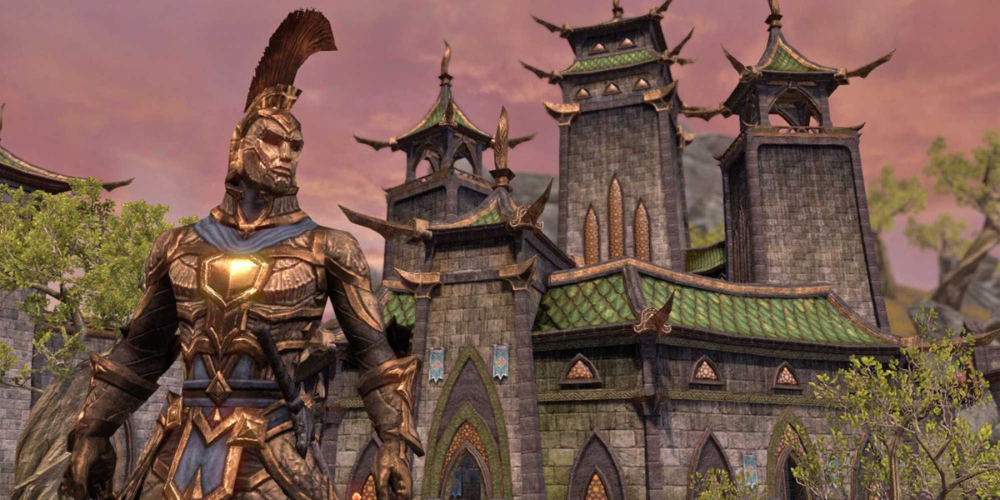
A Tale of Beginnings
The Elder Scrolls series, a name synonymous with the realm of high fantasy role-playing games (RPGs), was born from the creative minds at Bethesda Game Studios. First released in 1994, The Elder Scrolls: Arena set the foundation for a franchise that would captivate gamers for decades. The series is known for its intricate lore, expansive open worlds, and the freedom it gives players to carve out their own story within its universe.
The Elder Scrolls: Arena

The first game, The Elder Scrolls: Arena, set the stage for the series' signature elements: a vast open world filled with quests, characters, and mythical creatures. Despite its initial reception being lukewarm due to its high difficulty level and complex gameplay, Arena has been recognized for its ambitious scale and impressive world-building.
The Elder Scrolls II: Daggerfall

Daggerfall, the second installment in the series, increased the scale of the game world, boasting a map size nearly half the size of Great Britain. Introducing political relationships and a more robust character creation system, Daggerfall refined the open-world formula established by its predecessor while expanding the narrative complexity of the series.
The Elder Scrolls III: Morrowind

Released in 2002, Morrowind brought significant changes to the series. The game introduced a more detailed and artistically distinct world, a streamlined character progression system, and a gripping narrative centered around the player's destiny as the prophesied Nerevarine. Morrowind is often hailed as a high point of the series due to its rich lore and immersive gameplay.
The Elder Scrolls IV: Oblivion

Oblivion, the fourth entry in the series, brought The Elder Scrolls into the realm of high-definition gaming. With a fully-voiced cast of characters, a dynamic AI system, and a beautifully rendered world, Oblivion offered a level of immersion unprecedented at its time of release. Its main storyline, involving a demonic invasion from the Oblivion planes, is one of the series' most memorable.
The Elder Scrolls V: Skyrim

Skyrim, the latest mainline game in the series, needs little introduction. Released in 2011, its blend of Norse-inspired mythology, dynamic quest system, and breathtaking, atmospheric world design, helped Skyrim transcend the gaming community, becoming a cultural phenomenon. Its enduring popularity has resulted in multiple re-releases across different gaming platforms.
The Future of The Elder Scrolls

The next chapter in the series, The Elder Scrolls VI, is eagerly awaited by fans worldwide. While details about the game remain shrouded in mystery, Bethesda has confirmed its development. Fans anticipate that it will continue the series' tradition of immersive gameplay, rich narrative, and expansive world-building.
Conclusion: A Legacy of Adventure
From its humble beginnings with Arena to the worldwide phenomenon that is Skyrim, The Elder Scrolls series has left an indelible mark on the RPG genre. Its richly detailed worlds, deep lore, and commitment to player freedom have set a standard few games can match. As we eagerly await the next chapter in this storied franchise, we can only speculate what new adventures await us in the land of Tamriel. One thing is certain: The Elder Scrolls series will continue to inspire and captivate gamers for generations to come.